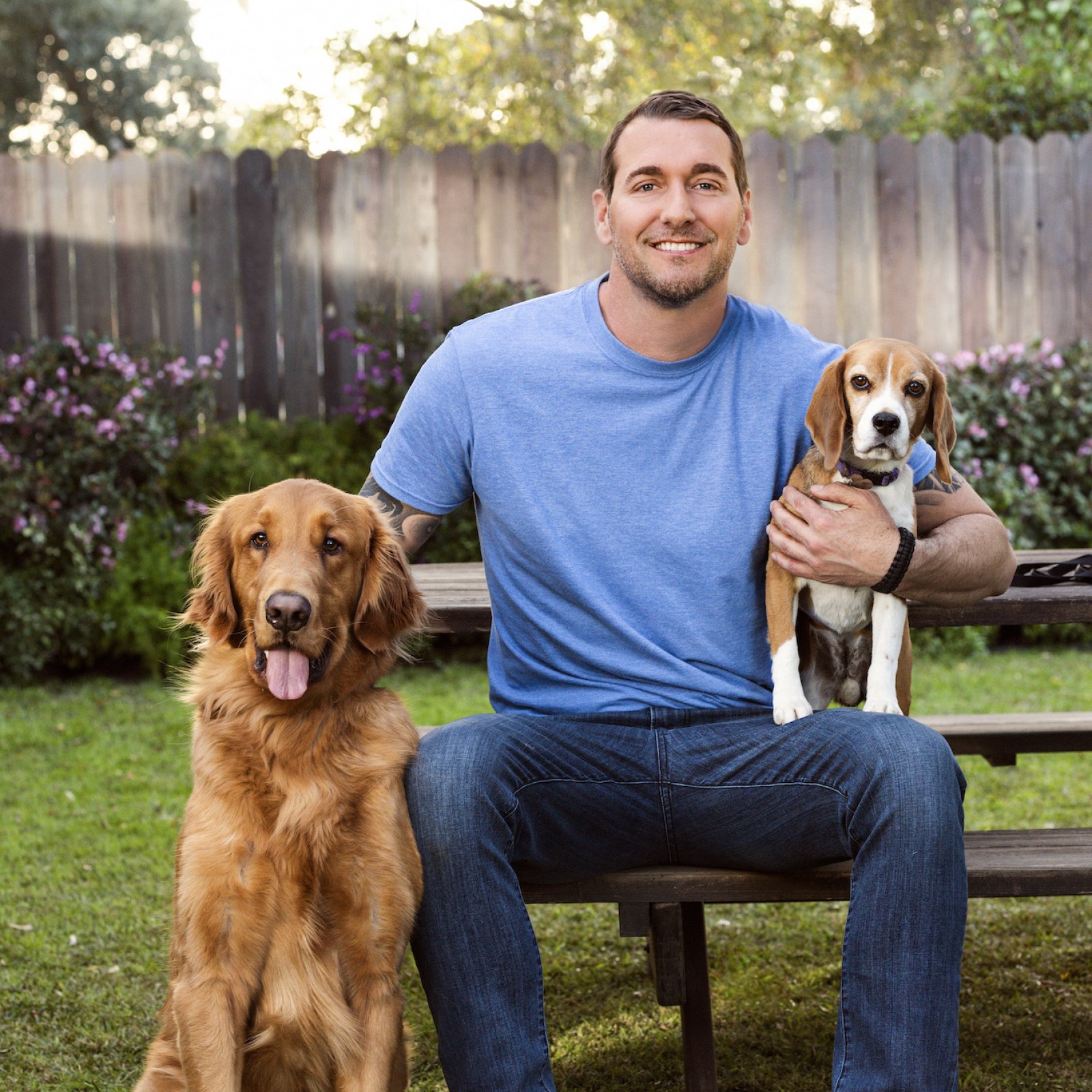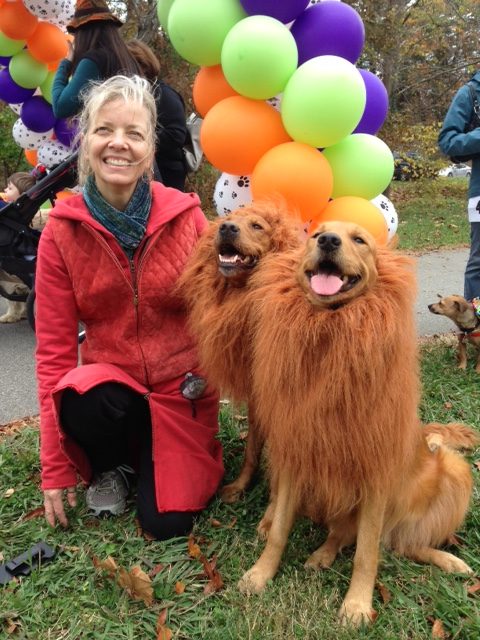Transform Your Animal with These Expert Dog Training Tips
Transform Your Animal with These Expert Dog Training Tips
Blog Article
Essential Tips for Successful Dog Training: An Overview for Family Pet Owners
Effective pet training is a multifaceted procedure that calls for a calculated strategy tailored to both the animal's temperament and the owner's purposes. Key parts such as establishing consistent commands, using positive reinforcement, and assisting in very early socializing play critical functions in promoting a well-adjusted canine companion. However, many pet owners encounter difficulties that can impede progression, leading to frustration and unpredictability. Understanding how to browse these challenges can considerably boost the training experience, inevitably changing the connection in between proprietor and pet. What are the necessary approaches that can be used to guarantee success in this venture?
Recognizing Dog Actions
Recognizing pet habits is necessary for efficient training and fostering a harmonious relationship between pooches and their proprietors. Dogs communicate primarily with body movement, vocalizations, and activities, making it vital for proprietors to interpret these signals precisely. Identifying a dog's position, tail position, and ear positioning can offer insights into its psychological state. A wagging tail does not constantly indicate joy; it can also indicate enjoyment or anxiety.

Socializing plays a substantial role in dog habits; direct exposure to numerous environments, individuals, and other pets can considerably impact a dog's temperament. Elements such as breed characteristics and individual character need to assist training approaches, as some breeds might have certain behavior attributes that demand tailored techniques. By comprehending these aspects, owners can develop a supportive setting that urges positive actions, causing successful training results and a deeper bond with their animals.
Developing Regular Commands
Effective communication with your pet begins with developing regular commands. This foundational element of training is vital for promoting understanding between you and your animal. Uniformity in the commands you use guarantees that your pet dog can dependably associate specific words or expressions with the preferred habits.
When selecting commands, pick clear, distinctive words that are very easy to claim and differentiate from one another. Stay clear of making use of similar-sounding commands that might puzzle your dog. Using "sit" and "remain" is suitable, but "sit" and "struck" could lead to misunderstandings.
In addition, maintain the very same tone and quantity for every command. Canines are delicate to vocal cues, so varying your tone can develop confusion.
It is equally crucial to guarantee that all member of the family are on the very same web page regarding the commands used. A united front in command usage will avoid mixed signals and enhance the understanding procedure.
Favorable Support Techniques
The power of positive support in pet training depends on its capacity to motivate desired behaviors with benefits and praise. This strategy is grounded in the principle that behaviors adhered to by desirable outcomes are more probable to be repeated. By integrating positive support right into your training program, you can successfully shape your dog's behavior in a useful manner.
To apply favorable reinforcement, it's important to recognize what inspires your dog, whether it be deals with, toys, or verbal appreciation. When your dog carries out a preferred activity, such as resting on command, promptly compensate them with a treat or affection. This organization in between the command and the favorable outcome strengthens their understanding.
It's important to timing the benefits correctly; delivering the reinforcement within seconds of the preferred actions aids your canine make the link (dog training). Furthermore, consistency is crucial-- ensure that all member of the family utilize the exact same commands and incentive systems to avoid confusion

Progressively, you can lower the regularity of deals with as your dog finds out the behavior, transitioning to applaud or recurring benefits. This approach not just cultivates a solid bond between you and your pet but also promotes a positive knowing environment, making educating a satisfying experience for both.
Socialization and Communication
Continually subjecting your pet to a selection of environments, people, and various other animals is important for their social advancement. Socializing needs to begin early, ideally throughout the important home window of 3 to 14 weeks, when pups are most responsive to brand-new experiences. However, older pets can additionally gain from ongoing socializing initiatives.
Present your canine to different setups, such as parks, pet-friendly stores, and metropolitan locations. This exposure aids them adapt to different stimulations, decreasing anxiety and worry actions. Motivate positive interactions with various other pets and individuals, making sure that these encounters are secure and regulated to promote self-confidence.
Use structured playdates with courteous pet dogs, as this can boost your dog's social skills and teach them suitable habits. Obedience classes and training sessions additionally provide exceptional chances for socialization, allowing your pet to connect with others in a monitored environment.
Screen your pet's body language during communications, as this learn this here now will aid you determine their convenience degree. Gradually enhance direct exposure to more tough circumstances while ensuring that each experience is positive. A well-socialized pet is extra most likely to exhibit balanced habits, making them a happiness to have in any type of setting.
Attending To Common Training Difficulties
Every dog owner will encounter training obstacles at some factor, no matter their pet's age or socializing degree. Determining common concerns such as stubbornness, interruptions, and fearfulness browse around here can help in creating effective strategies for improvement.

Slowly present distractions as the pet dog comes to be a lot more skilled in commands. Short, constant training sessions are also efficient in preserving focus.
Fearfulness can hinder a pet dog's discovering procedure. Progressive desensitization to the resource of anxiety, combined with favorable reinforcement, can help ease stress and anxiety. Perseverance is vital; never force a pet dog into a circumstance that triggers distress, as this may intensify the concern.
Ultimately, understanding and resolving these usual challenges with a structured technique will promote a more productive training experience, reinforcing the bond between dog and proprietor while advertising efficient discovering.
Verdict
In summary, effective pet training depends on a comprehensive understanding of canine habits, the establishment of constant commands, and the application of positive support strategies. Socialization plays an essential duty in establishing well-adjusted animals, while addressing common training obstacles needs perseverance and adaptability. By implementing these important methods, pet dog proprietors can foster a strong bond with their canines and promote desirable actions, eventually bring about a harmonious partnership in between humans and their canine friends.
Recognizing pet habits is important for reliable training and fostering a harmonious relationship in between pooches and their proprietors.Socialization plays a considerable function in dog habits; direct exposure to different settings, individuals, and other pets can dramatically influence a pet dog's temperament.The power of positive reinforcement in pet dog important site training exists in its ability to urge preferred actions through incentives and praise. By integrating positive support right into your training program, you can successfully shape your dog's behavior in a constructive way.
In recap, successful dog training relies on an extensive understanding of canine actions, the establishment of constant commands, and the application of positive support methods.
Report this page